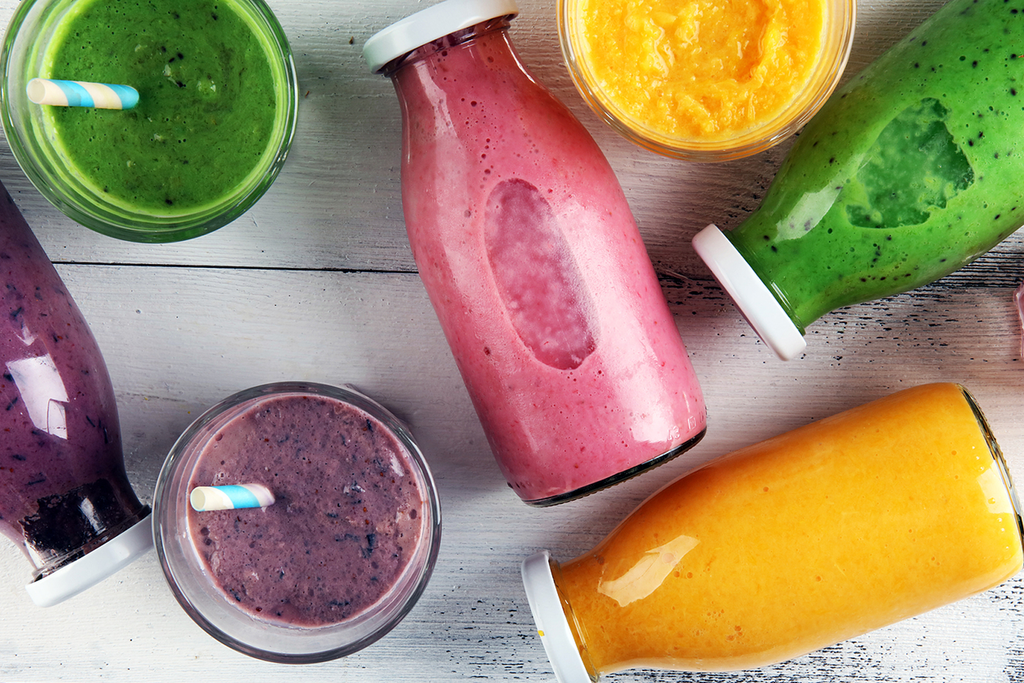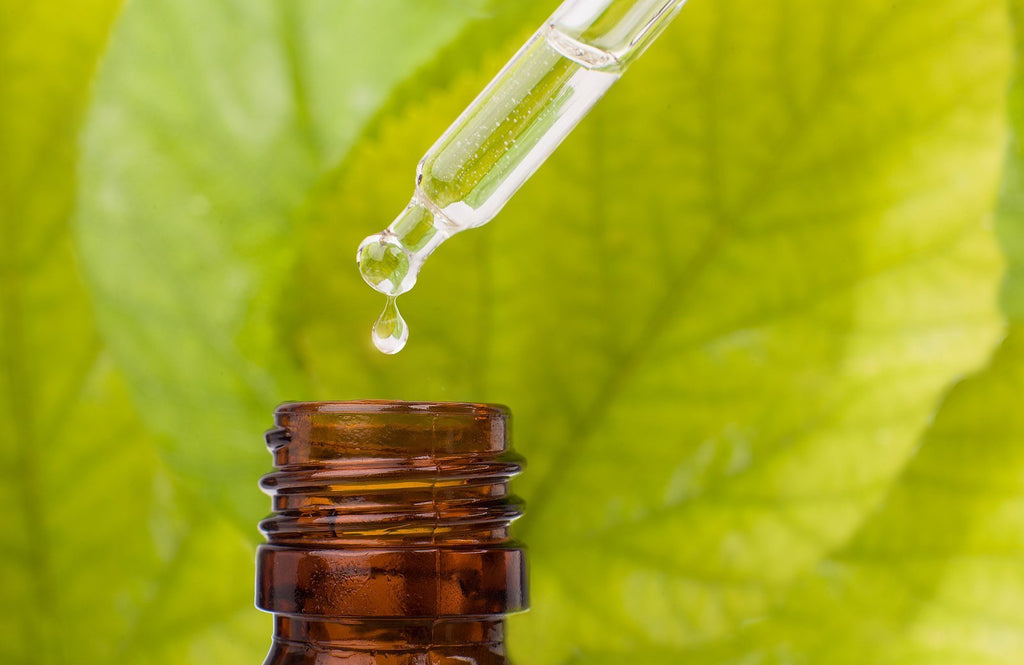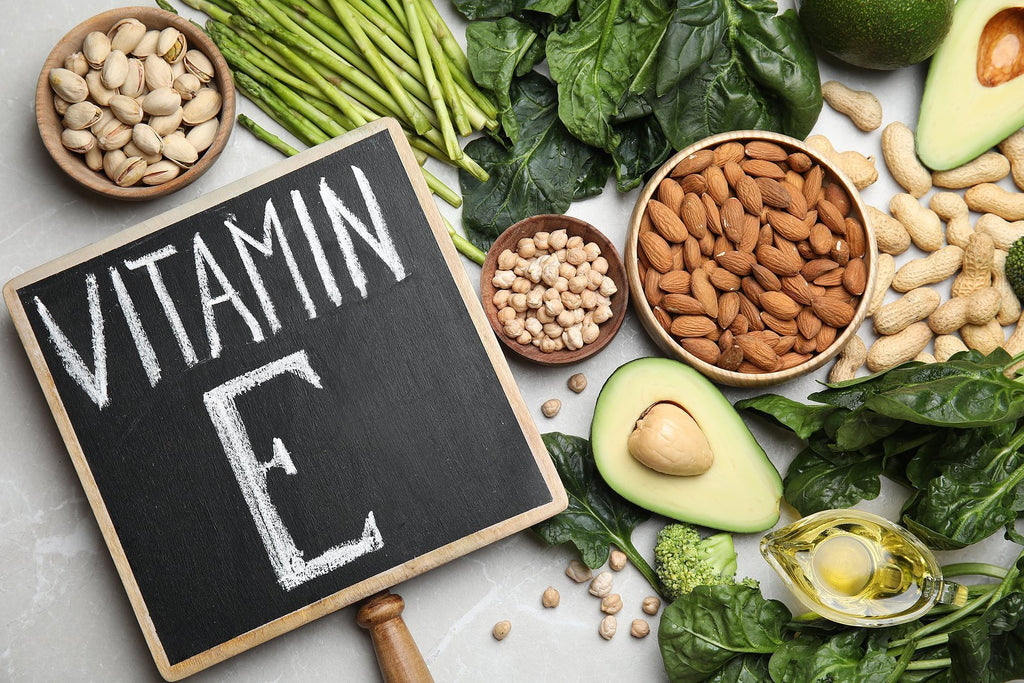Mental Health: The Critical Role Nutrition Plays
The link between nutritional deficiencies and physical health is well known and accepted. But how about the link between diet and mental health? It definitely gets less emphasis – especially in the traditional healthcare model.
This situation is puzzling because there is a well-established connection between diet and mental function. Really, nutrition should be a first-line therapy when it comes to mental health.
So, we’re going to take a look at some basic brain-nourishing nutrients and where to find them.
Inflammation & Brain Dysfunction – A Vicious Circle
When we look at the chemical side of brain dysfunction, the two things that stand out as contributing to poor mental health are:
- systemic inflammation – meaning inflammation in your entire body, and
- imbalance or deficiency in neurotransmitters, which are the chemical messengers in your brain.
Poor brain function can stem from one or both of these and cause a person to experience symptoms like depression, anxiety, memory loss, problems with attention, insomnia, social withdrawal, aggression, or all the different forms of dementia.
Mental deterioration can be a result of chronic inflammation. But, interestingly enough, mental deterioration also tends to activate inflammation. So it becomes a cycle that gets worse and worse over time.
Here’s an example of why inflammation is problematic…
In order to have a healthy brain, you need enough of the naturally occurring brain chemical serotonin. But inflammation interferes with the release of serotonin. Low levels of serotonin are often observed in people diagnosed as autistic or bipolar or as having ADHD or schizophrenia.
Vital Brain Nourishing Nutrients
While foods don’t contain actual neurotransmitters such as serotonin, foods do contain the basic building blocks that your body needs to synthesize neurotransmitters.
Some of the vital brain nourishing nutrients include vitamin D, vitamin E, the B vitamins, the essential fatty acids EPA and DHA, magnesium, and amino acids.
Amino acids make a protein and are precursors for neurotransmitters like serotonin. So, if you’re not getting enough amino acids, that can influence brain behavior.
Vitamin D plays a huge role in mental health by reducing inflammation and by influencing brain genes and the conversion of the amino acid tryptophan into serotonin. In the United States, some studies suggest that as much as 80% of the population has vitamin D levels that are too low.
EPA and DHA are two important fatty acids that you need from your diet and are critical for proper brain function. Get both from eating fatty fish such as wild caught salmon. A less common source would be seaweed. EPA restores proper serotonin levels by decreasing inflammatory signaling molecules in your brain. Its partner DHA works to increase the fluidity of cell membranes so that serotonin can reach its receptors. To get enough EPA and DHA for healthy brain function, you need to consume them daily, preferably in your food. Alas, most people don’t, so they need a fish oil supplement.
Eat An Anti-inflammatory Diet
An anti-inflammatory diet is rich in nutrient dense foods to support the production of neurotransmitters and enzymes, both of which your brain needs in order to function properly.
This means staying away from processed foods, added sugar, refined grains, and conventional dairy.
Meanwhile, include the right supplements in your daily routine. These will be a major key to your brain’s health, especially if you’re already experiencing mental difficulties.
Get The Best Supplements
Products in the BodyManual line are exceptionally high quality and include:
- D3+K2 Vitamin K2 should always be taken in combination with vitamin D. This supplement contains both.
- Omega-3 Fish Oil has concentrated amounts of EPA and DHA.
- Body Calm provides magnesium, a mineral that 80% of Americans simply don’t get enough of. Magnesium aids in forming the neurotransmitter serotonin and also helps to adjust blood glucose levels which is another factor that influences mental health.
- Super Memory Boost provides key brain nutrients, many of which target and reduce inflammation.
One Of My Favorite Brain Boosting Foods…
Kimchi! This fermented cabbage is loaded with magnesium, antioxidants, and a friendly bacteria that produces GABA, a neurotransmitter that promotes calm mood and relaxation and is vital for getting a good night’s sleep.
So, for better mental health and brain function, be sure to eat an anti-inflammatory diet. The Paleo diet or a healthy keto diet could work well. Enjoy some kimchi and be sure to get plenty of the brain boosting nutrients listed above. You’ll be amazed at the difference in your mood, attitude, memory, concentration, sleep, and mental stamina.
"I switched to these after learning my usual “natural” brand sold to Nestle (NO THANK YOU). Although it was a pain to find a brand that was actually natural, I’m so glad I had to make the switch. The purity of these are a breath of fresh air and they make me feel great. I definitely recommend!"
Sarah Mann - ⭐️⭐️⭐️⭐️⭐️
Sharing is caring
Know Your Body - Know Your Health






